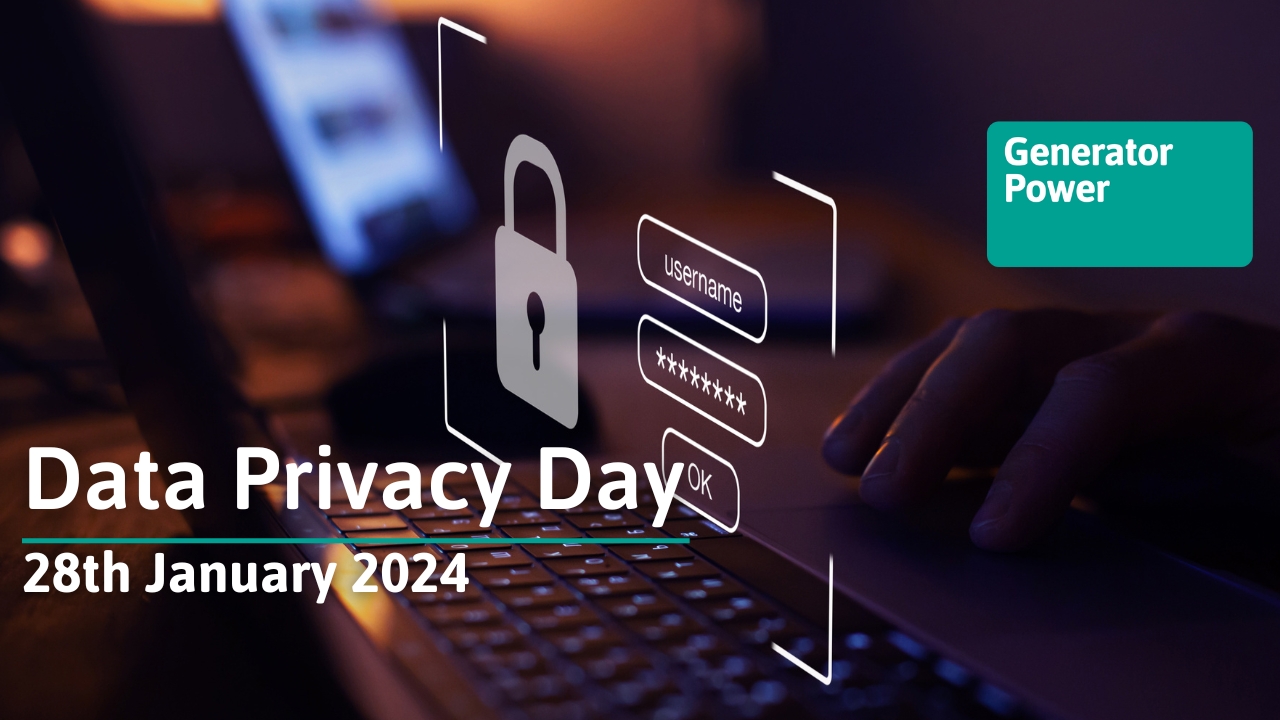During this current Coronavirus outbreak, Generator Power Ltd have put plans in place to ensure that it can continue to fulfil its commitments to its personnel and customers in the most effective way.
To this end, we will prioritise services to ensure that blue light services, telecommunications, utilities (power and water) and essential services customers are ranked highest in order that the requirements vital to life are able to be met.
Ensuring we can operate at “business as usual”
We are confident we have infrastructure and processes in place to meet and react to the developing situation regarding COVID-19. Communication has been opened with employees, discussing our action plan from the management team and where we are taking knowledge or expertise from, we refer to the NHS and the World Health Organization.
Monitoring and communication
Throughout the period of increased risk, we plan to inform and communicate with regional and depot managers through twice-weekly conference calls, gathering information from the WHO website, NHS website and other responsible bodies. This information can then be analysed to enable the management team to provide information and advice to its personnel and customers should the information force a change of direction or the implementation of other direct actions. These updates will then be passed to individuals by the regional and depot managers.
Information on how to protect individuals has been sent to all personnel and is displayed on company noticeboards.
An existing business continuity plan
Our existing BCP had only a small section on widespread illness. We have however revised this on the 6th March 2020 to include a pandemic response. Outlined in the document is a primary and secondary appointed coordinator. The management team will appoint a “pandemic response team”. The primary coordinator will be responsible for monitoring issues, recommend changes to procedure or operations, communicate clearly with employees, public health agencies and emergency responders. They will also be responsible for the implementation of this plan should it become necessary.
(A copy of the Pandemic Response plan is available on request)
Risk management
Risk management has been carried out in relation to:
- Supply chain availability – We have a large stock of spare parts held in the UK warehouse of Atlas Copco Ltd. We have engaged with additional spare parts suppliers to check stock availability of key components.
- Fuel availability – We have increased stocks of fuel held at each of our depot locations to mitigate the potential disruption to deliveries due to the shortage of external fuel suppliers.
- Reduced back office staff – We operate a secure remote office connection and login to our internal software systems. Part of our contingency plan is to have key individuals able to work remotely or at home should the risk increase.
- Increased IT support – We have invested in additional laptop computers and mobile phones to allow and implement the above point, along with software to ensure the privacy of customers and personnel requirements under GDPR.
- Expose to field-based operatives – Many of our key customers operate on remote, unmanned or isolated sites, this reduces the exposure to our employees and will be reviewed regularly.
- Sanitation – Increased stocks of alcohol-based hand sanitizer are being held at each depot location. Additional hand sanitiser stations have been installed around head office. Field based engineers have been issued with cleaning gels and disposable glove should they have no access to hot water and soap whilst on site.
- Effectively manage shifts – It may be necessary to manage shift patterns to continue to provide a 24hr manned office function when staff numbers are low.
Business as usual services
In order to provide the service expected of Generator Power we have started to put provisions in place to ensure our key customers receive high standards of goods and services and to operate as close to “business as usual” as possible.
- All field-based personnel have been asked to provide extra coverage for additional shifts. This has been met with a positive response, with staff committing where they are able to cover additional shifts and positions within the company. Where operational staff who may be off sick or are required to self-isolate due to potential exposure, existing operational staff have offered to increase their shifts and offer their services in other areas of the country.
- Departments are cross training employees so that as many personnel as are able can cover multiple essential positions within the company.
- Field based personnel have access to increased stocks of supplies to ensure they can carry out works without delays.
Travel risks
- All international business travel has been suspended and will be monitored closely using recognised
agencies. - All nationwide travel is being assessed and non-essential meetings are being suspended or conducted
by conference or video calling. - Any employees who have recently returned from anywhere outside the UK are being assessed on a case by case basis to identify the potential risk of carrying the virus. Anyone at high risk will be advised to self-
isolate.
Key triggers for affecting SLA’s
- Generator Power will cease attendance to specific sites should the level of risk increase to high or where
reported cases are known. Should our percentage sickness reporting significantly increase to unmanageable levels we will further prioritise operations. - Where geographical hot spots relating to the virus occur further risk assessment will be conducted for
those areas. - Generator Power will keep abreast of customer notifications through regular communications or online
portals.
Priority scheduling
Should the virus spread to high risk levels, Generator Power will operate a priority scheduling approach to programmed works and emergency deployments. This will extend to maintenance and reactive fault scheduling.
Priority will be given to blue light services, essential utility companies (power and water) and their contractors and services where a loss of power poses a “risk to life”.








